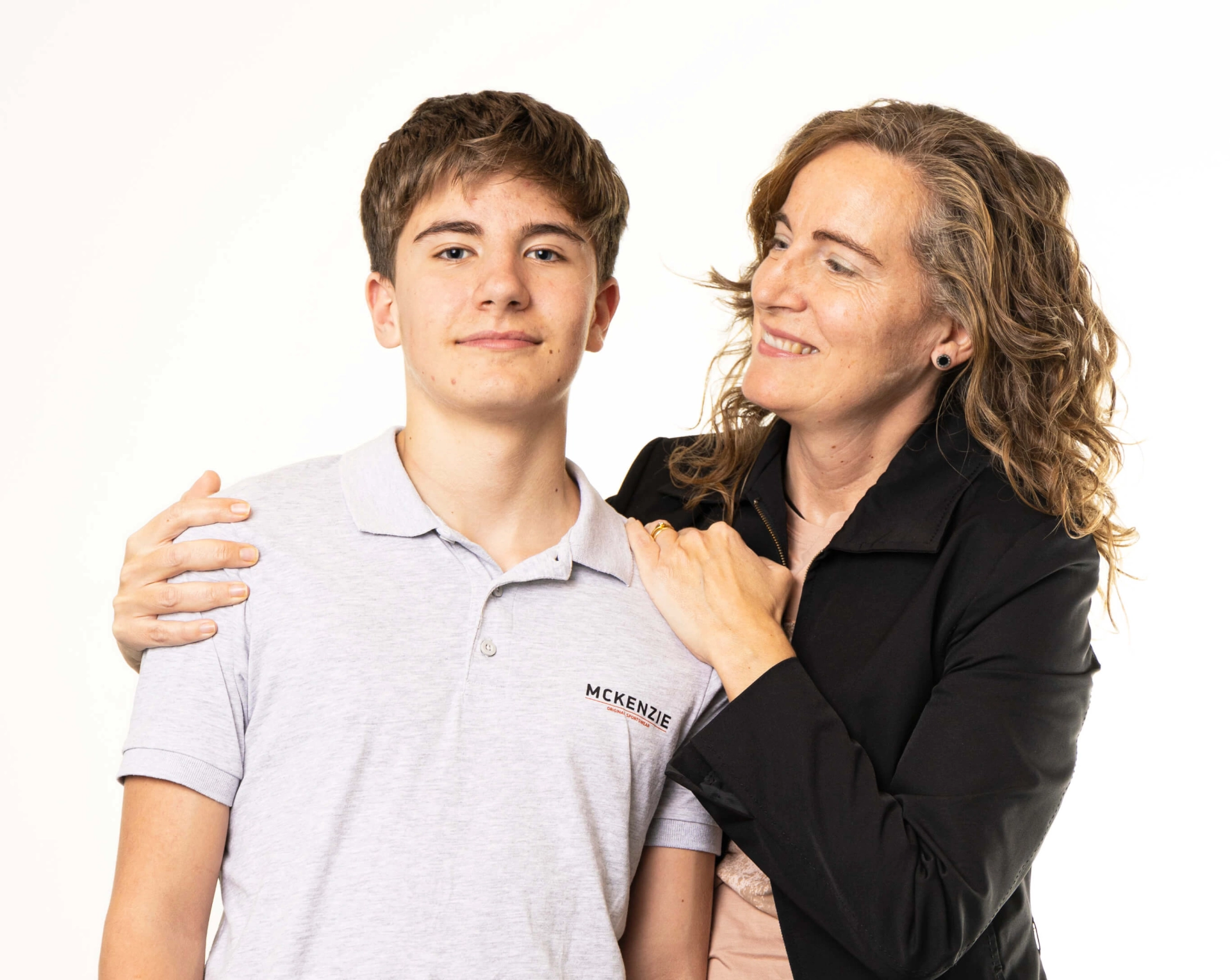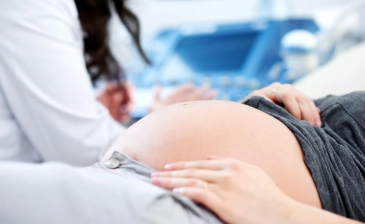Cord Blood Bank
The umbilical cord saves lives
Why become a cord blood donor?
-
Because it is an altruistic act and you help selflessly.
-
Becoming a donor is an act of generosity, as you are significantly improving the lives of others, especially children and adults with very serious illnesses.
-
The blood circulating in the umbilical cord has very special unique characteristics: it contains stem cells, capable of generating blood cells to treat very serious illnesses such as leukemia, immunodeficiencies, and other types of cancer.
-
Umbilical cord blood can also contribute to advances in regenerative medicine, offering new hope in the treatment of various ocular or cutaneous diseases
-
Cord blood allows to promote medical research and the development of advanced therapies, in order to have ad hoc treatments available in very serious situations
-
Thanks to your donation, you will be helping to save lives
Become a Cord Blood Donor
Do you want to save lives with a simple gesture? Become a cord blood donor! It's easy and safe. You just need to be of legal age at the time of birth and follow healthy lifestyle habits. Join us and help give hope to many people.
Do you want to donate?Where can the donation be made?
The umbilical cord donation can be made at the maternity hospitals that are part of the Concordia program and have the authorization of the Department of Health. The healthcare personnel have received specific training to collect cord blood and know the procedure to guarantee its preservation with the highest quality.
The quality
The Concordia program is part of the Cord Blood Association and has consecutive certifications over 15 years through national (CAT) and international (FACT-NetCord) cellular therapy accreditation centers, which ensure that the cord blood units undergo rigorous testing to ensure the quality of the product.
Frequently Asked Questions
Can I store my child's cord blood for autologous use (i.e., to store it for potential use in the same child) in our country?
Currently, there are only two authorised private banks where you can store your child's umbilical cord blood. The following conditions must always be met:
-
The facility where your child is born must have specific authorisation to extract umbilical cord blood; if not, you will need to request it from the OCATT.
-
There must be an agreement between the maternity hospital where your child is born and the bank storing your child's cord blood.
-
According to regulations (Royal Decree 9/2014, of July 4), all units of cord blood stored in these banks are made available to the Spanish Bone Marrow Donor Registry (REDMO) and can be used to treat any patient in need of a cord blood transplant compatible with one of the stored units.
Can I take my child's cord blood out of Spain?
According to Royal Decree 9/2014, of July 4, you can take your child's umbilical cord blood out of our country whenever you wish. However, the following circumstances must be met:
-
The facility where your child is born must have specific authorisation to extract cord blood.
-
The cord blood bank you send your child's unit to must be authorised for storage activities.
-
There must be an agreement between the maternity hospital where your child is born and the bank storing your child's cord blood.
-
Additionally, if the bank you send your child's cord blood to is located outside the European Union, you must request permission from the National Transplant Organisation in our country for the unit to leave our country.
When do I need to ask for permission from the National Transplant Organisation to take cord blood out of our country for autologous use (i.e., to store it for potential use in the same child), and how should I make the request?
When your child's unit of umbilical cord blood needs to be sent for storage at a cord blood bank located outside the European Union, the maternity hospital must submit a request to the director of the National Transplant Organisation to authorise the unit's departure from our country. To do so, along with the request, they must submit:
-
A certification or document demonstrating that the cord blood bank where you will send your child's unit for storage is authorised for this activity.
-
A certification or document demonstrating the existence of an agreement between the maternity hospital where your child is born and the bank storing your child's cord blood.
Is storing umbilical cord blood for autologous use (i.e., storing it for potential use by the same child) helpful?
Many experts in the field of medicine, especially in the field of haematopoietic progenitor transplantation, have spoken out against autologous storage of umbilical cord blood (UCB) due to its limited recognised utility. Additionally, there are resolutions from the National Transplant Organisation in our country, as well as from the European Commission and the Council of Europe, expressing their opposition or at least their significant doubts about these banks storing autologous UCB.
Not all extracted cords are viable for later use, as up to 20% of cords do not have the necessary cellularity. In addition, there is a percentage that can become contaminated during the process or deteriorate during transport. Up to 40% of donated cord blood units are ultimately not usable for transplants.
Moreover, the likelihood that the UCB units donated by the mother after childbirth and stored will ultimately be used by the child is extremely low. This is because almost all indications for transplantation in childhood are due to diseases with a genetic or congenital basis that may be present in the cord cells, making them ineffective for a potential transplant in the child or any other patient after diagnosis.
To date, only three cases of these cords being transplanted (always in acquired, not genetic, diseases) have been recorded worldwide, compared to the 40,000 transplants carried out globally. If one of these children, whose cord has been stored, needs a transplant for leukaemia or a congenital disease, they would have to rely on a cord from a public bank.
If there is a medical indication established by a specialist to store the cord for another family member with a specific disease (directed donation), this can be done in a public bank with the same guarantees as when donations are made by third parties, but stored for their own family.
In Spain, if someone needs a haematopoietic progenitor transplant, the Spanish Bone Marrow Donor Registry (REDMO) is responsible for searching for a suitable bone marrow, peripheral blood, or umbilical cord blood unit, both nationally and internationally, offering the same possibilities as if the search were initiated from the United States or any other European country.



